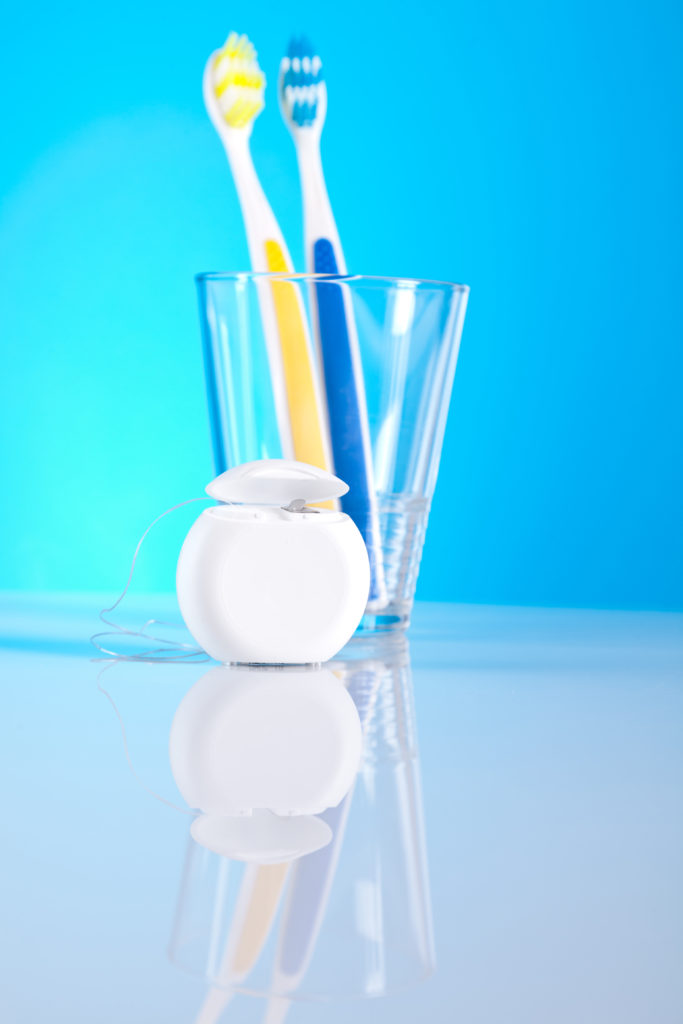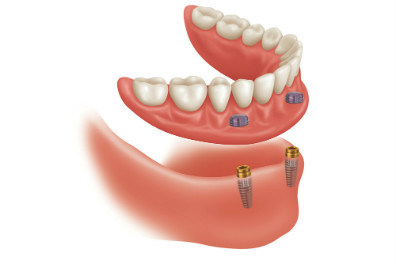Caring for Dental Implants with St. Louis County Dental
Dental implants have become a popular solution for people seeking to replace missing teeth. They are a long-lasting and durable option, and with proper care and maintenance, they can last for many years. After having dental implant surgery, it is crucial to follow the post-op care instructions provided by your dentist. Proper dental implant care helps to ensure that the implants heal properly, integrate with the jawbone, and function like natural teeth. Drs. Brace and Grayem have provided a comprehensive guide on post-op dental implant care to help you ensure that your implants last a lifetime.
Residents of Woodbine, Kirkwood, and Clayton experience patient-centered dental implant care at our St. Louis, MO, dental practice. Call 314-762-6784 to schedule your visit today.



